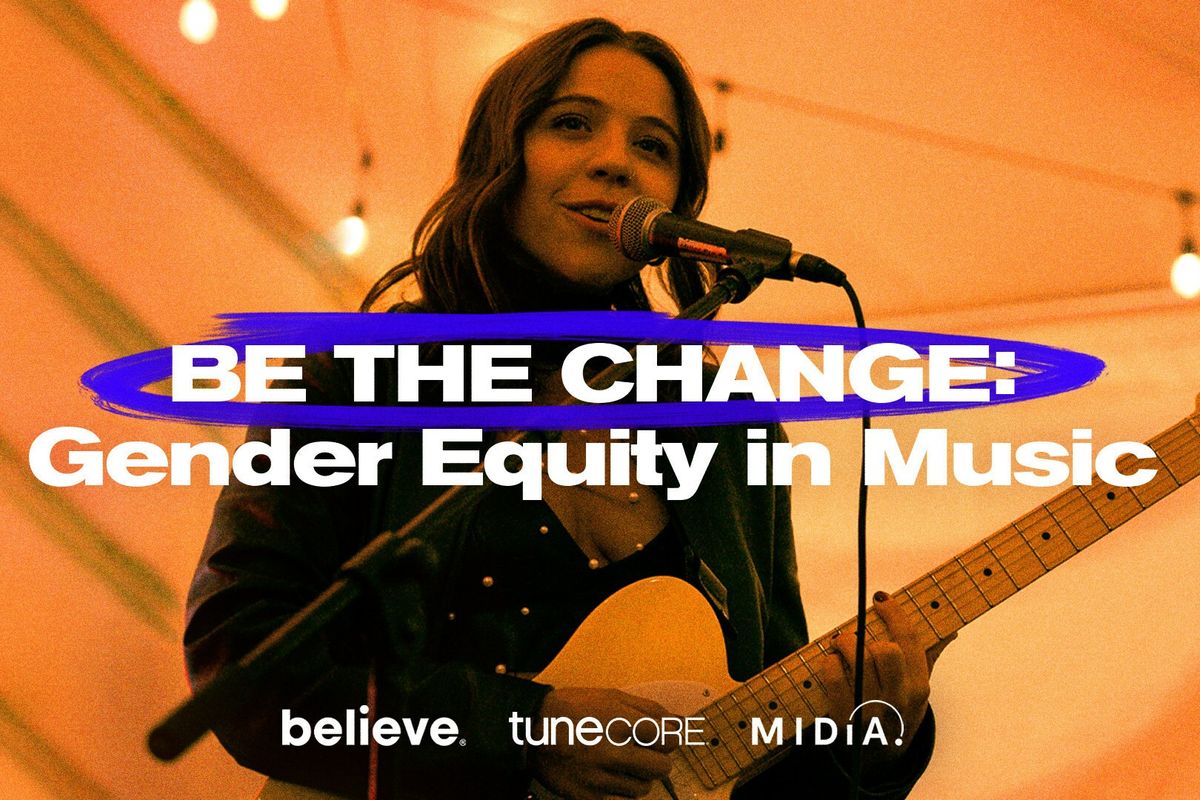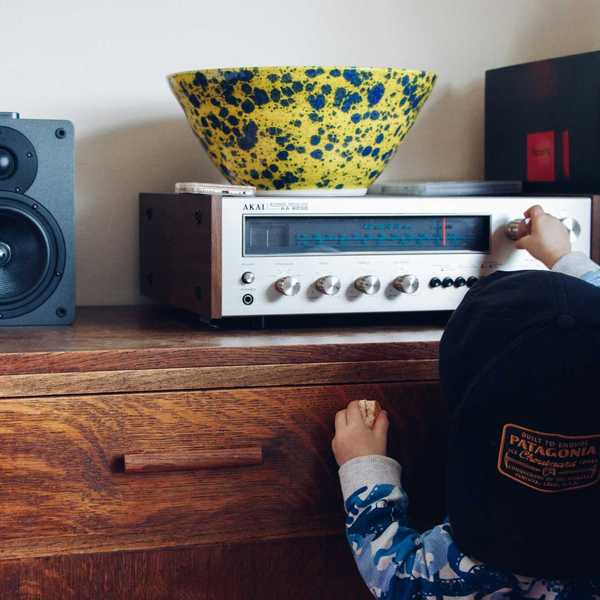Believe and TuneCore Launch BE THE CHANGE Survey On Gender Equity In Music
The fourth annual survey, which aims to develop action items on gender equity, is currently open for responses. Results will be released in March 2024.

BE THE CHANGE: Gender Equity in Music
Two digital music companies want to create change in the music industry, and they've launched a new survey to help them get there.
Believe and TuneCore have opened responses for the fourth edition of their annual survey on gender equity in the music industry, BE THE CHANGE.
Digital music company Believe provides independent artists and labels with services like distribution, audience development and more. In 2015 they acquired TuneCore, a distribution and publishing platform, and the two companies are partnering with MIDiA Research on their BE THE CHANGE survey.
The survey goal is to develop actionable results that can lead to change in the industry. The two digital music companies are partnering with MIDiA Research, a company specializing in music industry analysis, on the survey to develop actionable results that can lead to change in the industry.
The 2023-24 BE THE CHANGE survey is focused on barriers to gender equity, particularly those faced by creators. It aims to have a global reach. Participants are asked to assess their experiences with inclusivity in the industry and challenges or discrimination they have faced. The survey takes roughly ten minutes to complete and is available in fifteen languages, including French, Italian, Turkish and more. Results and analysis will be released in March 2024.
"It's 2023, we should not have to be dealing with gender-based inequality in the music industry, yet here we are,” says TuneCore CEO Andreea Gleeson.
The results of the 2022 survey, released this past March, showed that 34 percent of women respondents who work in the music industry had been sexually harassed or abused in their work. That number jumps to 42 percent and 43% percent for trans and non-binary respondents. Meanwhile, respondents who identified as minority artists were 70 percent more likely to have been the recipient of online harassment or hate speech.
Over 1500 individuals from 109 countries participated in the '22-'23 survey, which was conducted in conjunction with music data company Luminate. The results included a foreward from pop singer JoJo, addressing her own experiences in the music industry.
“I’ve recently wondered if my male peers consider themselves ‘male artists,’” JoJo wrote. “My suspicion is that the term is not as ubiquitous for them as the term ‘female artist’ is for myself and my fellow women in music, whether in the press, in business meetings, or in the studio.”
Though the BE THE CHANGE survey has a global scope, its focus is relevant in a Canadian context. A 2021 Women in Music Canada survey open to women, non-binary and gender fluid respondents in the Ontario music industry found that 81 percent of respondents reported experiencing “gender bias, discrimination or harassment in the context of the music sector or their music studies.”
BE THE CHANGE is open for responses now.
















